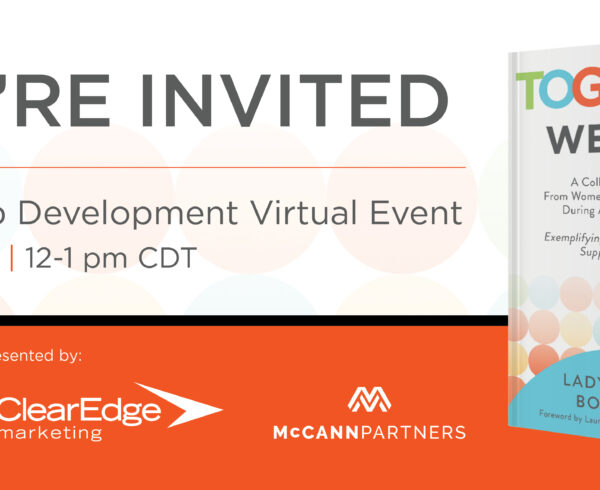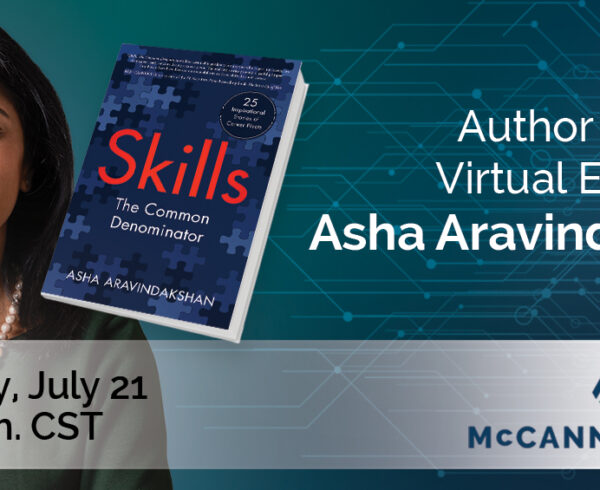Forgive me for being blunt, but candidates don’t need the help of generative AI to lie on their resumes.
As long as there have been interviews there have been candidates who are inclined to pad their work history with mistruths. For those experienced in the staffing and recruiting world, it becomes blatantly obvious when a candidate has embellished their resume beyond the boundaries of truth as soon as the first phone screen begins. Yet it seems that with the advent of and widespread access to tools like ChatGPT, recruiters and hiring managers are suddenly concerned that, with the aid of AI, the wool is being pulled over their eyes. Or, at least, they are distrustful of candidates who they believe have leveraged gen AI to craft their resumes and cover letters—and automatically dismiss them.
In my view, this approach is misguided. The use of generative AI should not disqualify a candidate. In fact, there’s a strong case to be made for encouraging candidates to leverage generative AI tools in the application process.
Using Artificial Intelligence Strategically
My expertise is in the IT staffing space. On behalf of our clients, my team taps into our talent pipeline to identify candidates who exhibit strong soft skills, are well-versed in their field, and are enthusiastic about the company’s mission.
But from the talent’s perspective, in today’s competitive job market, it can be a challenge to get noticed by the right recruiters in the first place. When networking efforts fail and direct messages on LinkedIn go unanswered, job seekers can spend hours tailoring their resume and cover letter to fit each new opportunity only to receive an automatic rejection email moments after hitting submit (if they hear back at all).
In the face of this reality, candidates need to weigh the opportunity cost of spending more time revising their application for each new job listing instead of spending their job search energies elsewhere. According to Resume Builder, 46% of job seekers have calculated that rewriting their cover letter yet again isn’t the best use of their time and have opted to leave that task to generative AI tools instead1. While this gives some hiring managers pause, this is exactly the kind of strategic thinking your team needs to thrive! There is value in knowing and showing your strengths, but it is equally important to identify your weaknesses or recognize when a task isn’t the best use of your time. To succeed in today’s marketplace, companies need talent that can identify when to outsource a task. By employing tools like ChatGPT to revise and tweak their applications, candidates are showing that they know how to work smarter, not harder. Yes, a candidate needs to be able to demonstrate their skills and expertise in an interview setting—but if writing resumes and cover letters is their biggest strength, chances are that they’re wrong for the job. In short, hiring managers should be searching for talented technologists, not professional interviewers.
Moving Beyond the Resume: AI-generated or otherwise
Whenever I’m asked for advice by new recruiters looking to make a name for themselves in the industry, I always tell them the same thing: Don’t just process your candidates—engage meaningfully. By that I mean put down their resume, make eye contact, and actively listen to the stories they’re telling you.
You won’t hear this from many recruiting and HR professionals, but when I meet with a candidate I rarely review their resume ahead of time. Instead, I seek out alternative sources of information like their LinkedIn posts and profile. I want to get a sense of their career story and, too often in an interview setting, resumes become a checklist that needs to be systematically worked through instead of a roadmap for a meaningful discussion.
At McCann Partners, we’ve built a reputation for valuing relationships over transactions: it’s not enough to simply place a candidate, we want to forge a bond that lasts. That relationship-building starts during screenings when I do my best to stay curious. I listen to the candidate recount their career journey and then try to unearth the “why” behind their choices by asking probing questions for clarity. So often this approach uncovers more than what is written on the page. This, in part, is why a resume or cover letter that is co-authored by generative AI doesn’t bother me. I want to meet and have engaging conversations with top talent. If they need to spruce up their resume using AI to get my attention, so be it. After all, before generative AI, candidates would employ resume writers to improve their applications. Is leveraging ChatGPT really so different?
Embracing AI Generative Tools in Recruiting & Hiring
Generative AI is here to stay and that’s a reality we all need to embrace. It’s crucial for hiring managers and recruiters to recognize the evolving landscape of job applications and the role generative AI can play in it. Dismissing candidates outright for using tools like ChatGPT is not only shortsighted but also a missed opportunity to engage with resourceful and strategic thinkers. By valuing meaningful engagement over rigid resume screenings, recruiters can uncover the true potential of candidates beyond their written applications. Embracing this mindset will ensure that companies uncover, attract, and retain the best talent in the competitive IT landscape.
1https://www.resumebuilder.com/3-in-4-job-seekers-who-used-chatgpt-to-write-their-resume-got-an-interview/








